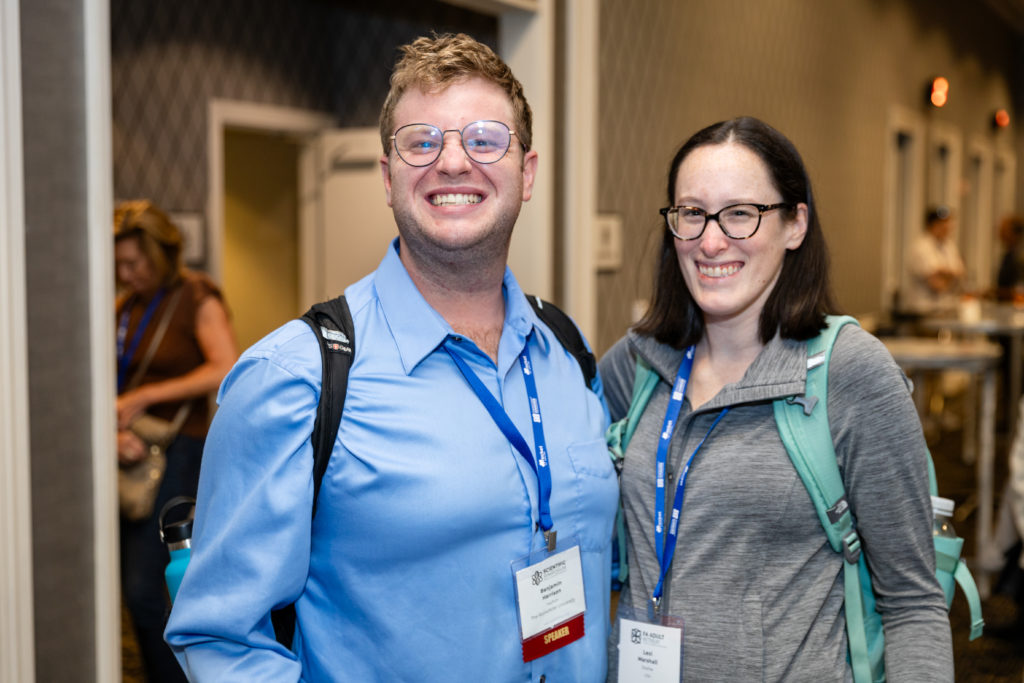In November 2021,31 scientists came together for a five-day series of virtual workshops to brainstorm ideas to shift the paradigm for treating Fanconi anemia (FA) cancer. During these workshops, scientists formed interdisciplinary research teams and pitched their ideas regarding FA cancer research for the opportunity to win $500,000 in grant funding from FARF.
The Joel Walker Cancer Ideas Lab was sponsored by Nigel and Ann Walker, whose son Joel died of complications from FA cancer in 2016. Thanks to a bequest left by Joel and the continued support of the Walker family and community, innovative research efforts like the Ideas Lab continue. Individuals with FA have a greater risk of developing leukemia, head and neck squamous cell carcinoma (HNSCC), and other cancers compared to individuals without FA. Traditional therapies like chemotherapy and radiation are toxic to those with FA, which is why therapies are urgently need.
The project that won the $500,000 grant funding is entitled Modeling the Role of Environmental Responses in Fanconi Anemia Epithelial Stem and Progenitor Cells in FA Squamous Cell Carcinoma. This grant will develop models to better understand squamous cell carcinoma in individuals with FA using non-primate animal models and organoids created from FA patient cells. These models will allow the research team to develop a deeper understanding of the influences of external environmental factors and internal elements that contribute to the onset and progression of FA cancer. The models will also be used to test cancer prevention modalities that target aldehyde or retinoid metabolism and immune factors.
Funding for this grant will begin in early 2022. The research team is comprised of Ken Weinberg and Daria Mochly-Rosen from Stanford University, Hiro Nakagawa from Columbia University, Frank Ondrey from University of Minnesota, and Craig Elmets from University of Alabama at Birmingham. Markus Grompe from Oregon Health and Science University will serve as a collaborator.
Stay tuned to the FARF website, email newsletters, and social media channels for updates and outcomes from this grant!
To learn more, please contact Isis Sroka, PhD, FARF Scientific Director.




